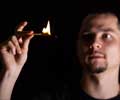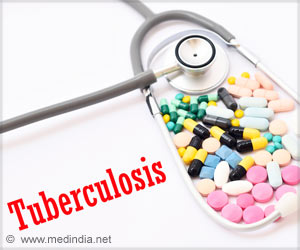It is possible to treat pathological gambling with medications that decrease urges and increase inhibitions, says a new study.
It is possible to treat pathological gambling with medications that decrease urges and increase inhibitions, says a new study.
University of Minnesota researchers found positive outcomes in gamblers treated with medications often used for substance addictions.People with pathological gambling disorder will continue their gambling behavior in the face of damaging consequences to themselves and their families.
Dr. Jon Grant and his team used tasks that measure cognition to identify what motivates this extreme type of gambling behavior.
They enrolled men and women with a primary diagnosis of pathological gambling in one of three medication studies. Study sites varied in size from 70 to 100 participants.
Researchers sought to understand how gamblers decide whether or not to bet by focusing on two brain processes: urge and inhibition.
To group individuals into categories that address differences in their biology, Grant separated pathological gamblers into two major subtypes: gamblers who are driven by urge (i.e., individuals who report gambling when the desire becomes too strong to control), and those who do not show normal inhibition of impulsive behaviors (i.e., individuals who report being unable to restrict behaviors even when urges are minimal or virtually non-existent).
Advertisement
Grant also found that family history plays an important role in refining this group even further.
Advertisement
The second subtype, gamblers who have difficulty inhibiting their behaviors and react to the smallest desires, respond well to medications that act on a specific enzyme, catechol-O-methyl-transferase (COMT), which plays a major role in the function of the prefrontal cortex.
Researchers found that decreasing the function of COMT can increase one's ability to inhibit their desire to gamble.
"By understanding these different subtypes, we are able to target the core biology of the illness with individualized treatment. When we look at pathological gambling as an addiction and try to understand the sense of urges and inhibitions, we are able to target the treatment with medication more effectively," said Dr. Grant.
The study was presented at the annual meeting of the American College of Neuropsychopharmacology (ACNP).
Source-ANI
SRM












